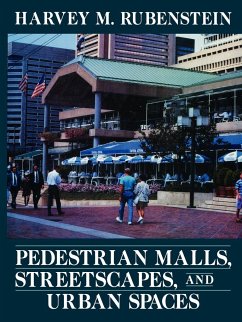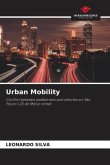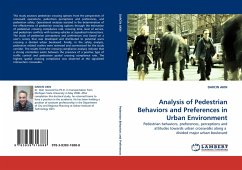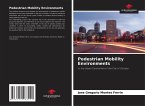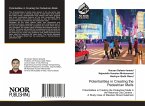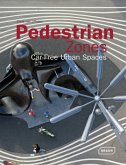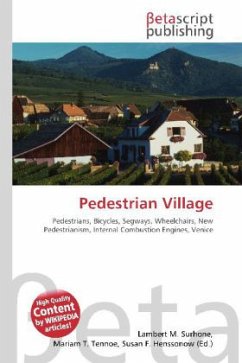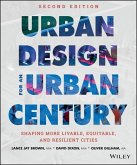In his critically acclaimed 1978 book, Central City Malls, Harvey M. Rubenstein focused on the revitalization of downtown city centers by the use of pedestrian malls that were designed to offset urban blight and halt the loss of commerce to the suburbs. With Pedestrian Malls, Streetscapes, and Urban Spaces, the author revisits these and other more recent urban projects, explaining why some have thrived while others have failed, and reevaluating each one in the context of today's design requirements. Moreover, this peerless professional resource provides a unified, comprehensive approach to the design and development of contemporary pedestrian malls, streetscapes, and urban spaces. It reviews and integrates the key social, economic, and aesthetic considerations involved in planning full malls, transit malls, and semimalls, as well as festival marketplaces and mixed-use projects with offices, shopping, residential uses, and entertainment facilities. Following a brief overview of the evolution of urban, pedestrian-oriented spaces, the author walks readers through a complete process for developing a mall, streetscape, or urban space, showing how to conduct a feasibility analysis that factors in size, location, development strategy, and economic viability; evaluate all the physical elements related to the context of a mall, streetscape, or urban space, including image and form characteristics; select optimum design elements and street furnishings, including paving materials, sculpture, fountains, shelters, canopies, lighting design, and more; plan for shops, cafes, and convenient sitting areas that encourage pedestrians to congregate, relax, and browse; and match trees and shrubbery withtheir optimum climatic, environmental, engineering, and architectural uses. For unrivaled textual and visual reference, Pedestrian Malls, Streetscapes, and Urban Spaces features in-depth case studies of 23 full, transit, and semimalls and mixed-use projects in variously sized cities across the United States and Canada. For each project, you'll find detailed site plans and photographs, along with assessments of relevant design, funding, and development strategies. You'll also learn how each project has been used and modified since its original construction, and what impact these changes have had on sales and overall city image. Where appropriate, comparative analyses highlight the degree of success - or failure - these downtown revitalization projects have experienced in recent years. Complete with up-to-date coverage of exciting new projects in New York, Tampa, Minneapolis, Louisville, and Memphis, this long-awaited resource shows architects, landscape architects, planners, engineers, developers, and public officials involved in the planning and design of urban spaces how to create quality mixed-use environments whose amenities and activities contribute to the enduring vitality of city life.
Hinweis: Dieser Artikel kann nur an eine deutsche Lieferadresse ausgeliefert werden.
Hinweis: Dieser Artikel kann nur an eine deutsche Lieferadresse ausgeliefert werden.

